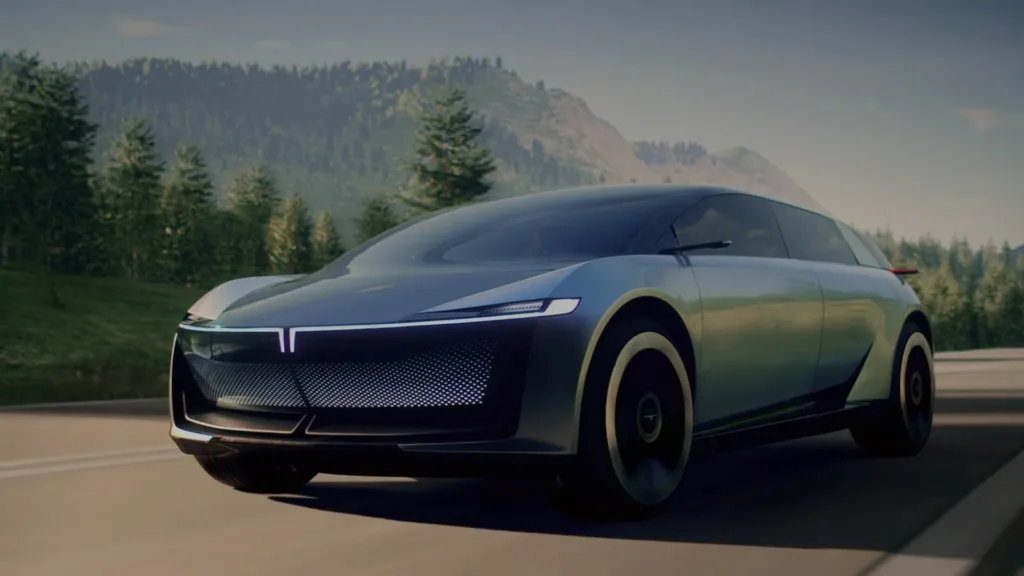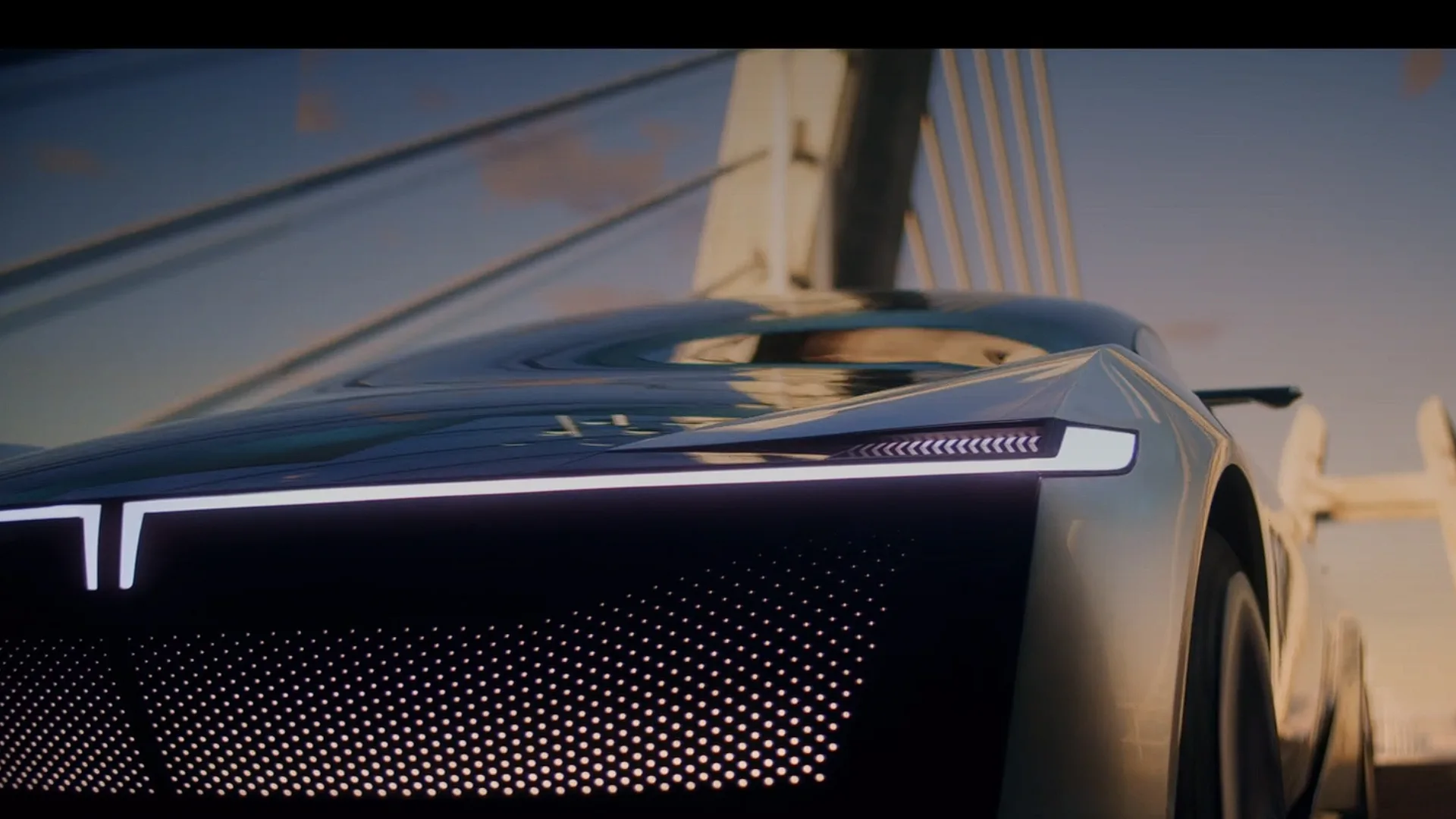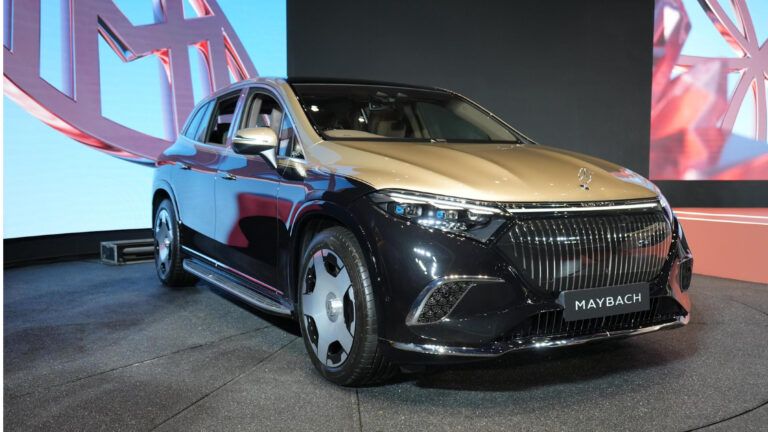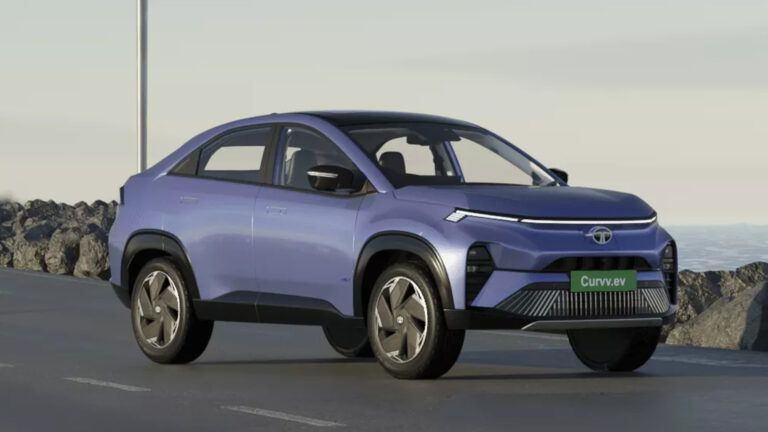Tata Motors, an important player in India’s automotive sector, is opposing the Indian government’s consideration of decreasing import duties on electric cars (EVs) in the wake of Tesla’s proposed entry into the market. Tesla expects lower import taxes for EVs as India seeks to encourage local manufacturing and electric car use. This action contrasts with Tesla’s prior unsuccessful attempt and challenges India’s ‘Make in India’ policy. Tata Motors, a major domestic automaker, opposes changing the tax structure, citing investor expectations and the necessity for early-stage assistance for India’s EV industry.
India is considering a strategy that may slash EV import tariffs to as low as 15% for businesses that commit to local manufacture, allowing Tesla to create an Indian factory and import higher-priced models at a cheaper tax rate. Tata Motors, on the other hand, is adamantly opposed, citing the possible negative impact on the whole domestic automobile sector. The stance was mentioned in a recent Reuters report citing two people aware of the ongoing discussions between the stakeholders.
Tata Motors, which launched its electric vehicle initiative in 2019, calls for continuing government backing throughout the industry’s early stages. They emphasize the discrepancy by taxing imported petrol or diesel vehicles up to 100%, despite the industry’s maturity.

While Tesla looks to the immense potential of India’s auto market, intending to establish a plant for its planned 18 lakh automobiles, Tata Motors is concerned about maintaining a fair playing field for local manufacturers and future fundraising chances.
The disagreement between Tesla’s proposal for lower EV import duties and Tata Motors’ rejection highlights a critical dilemma for India’s automotive industry. Through its ‘Make in India’ effort, the government hopes to increase electric car usage while also protecting local manufacturing. However, Tata Motors, a major player, emphasizes the importance of a balanced strategy to assist local industry and maintain fair competition.
This highlights the difficult task that policymakers have in balancing the goals of promoting electric car uptake and preserving domestic interests. The decision will have a big influence on India’s goal of increasing electric car sales from 2% to 30% by 2030. The outcome of this dilemma will influence the future landscape of the Indian automobile sector and its path toward a cleaner, more electrified future.








